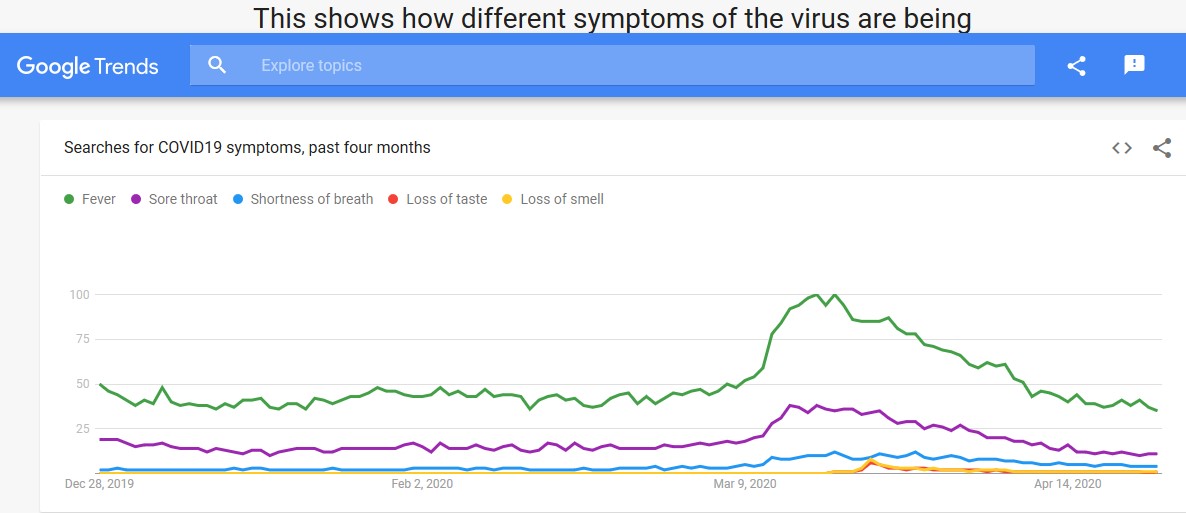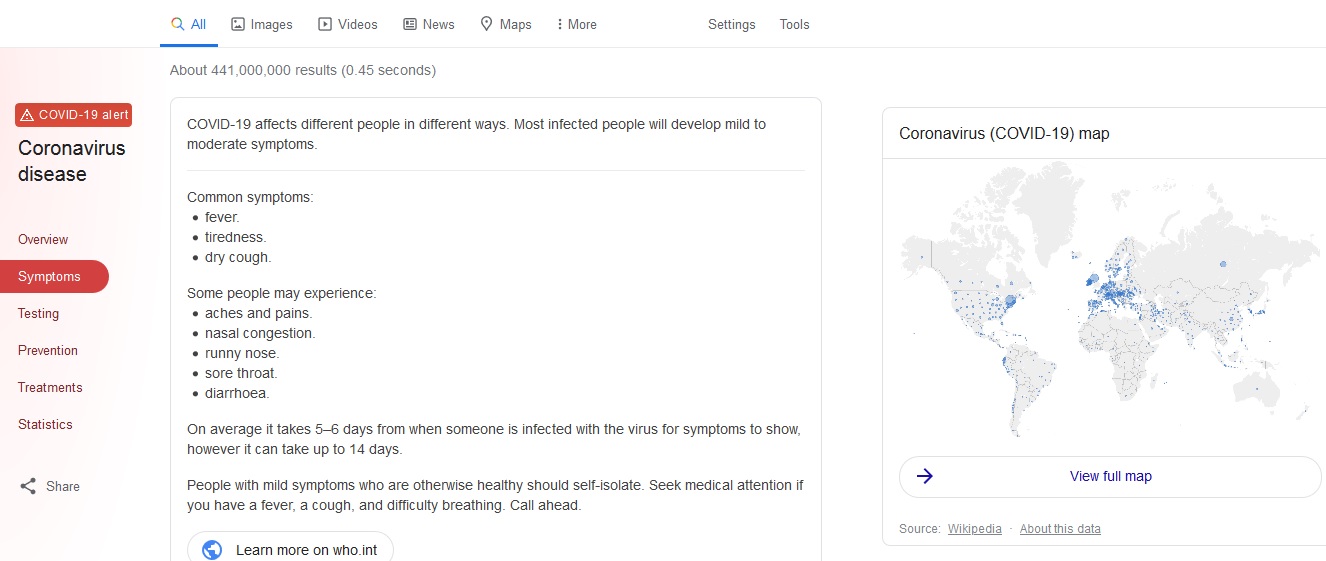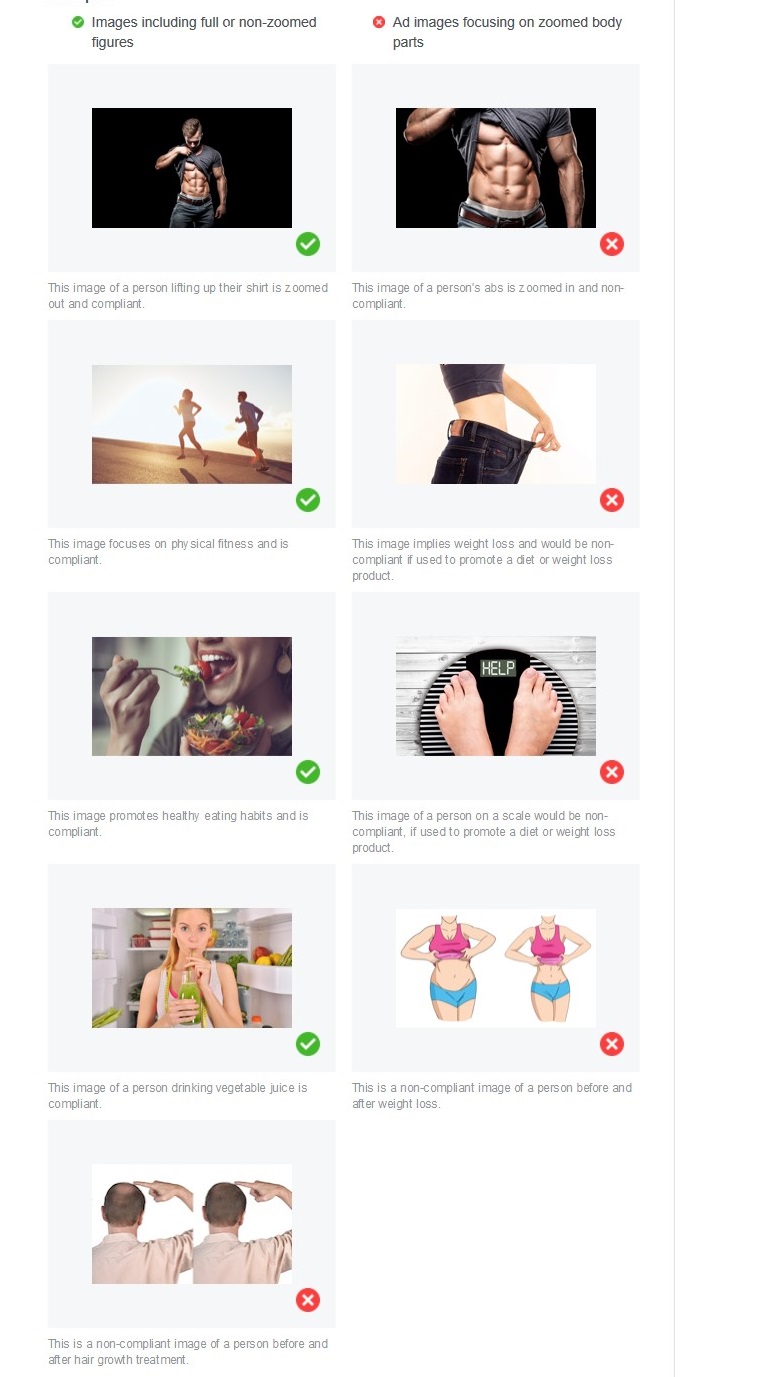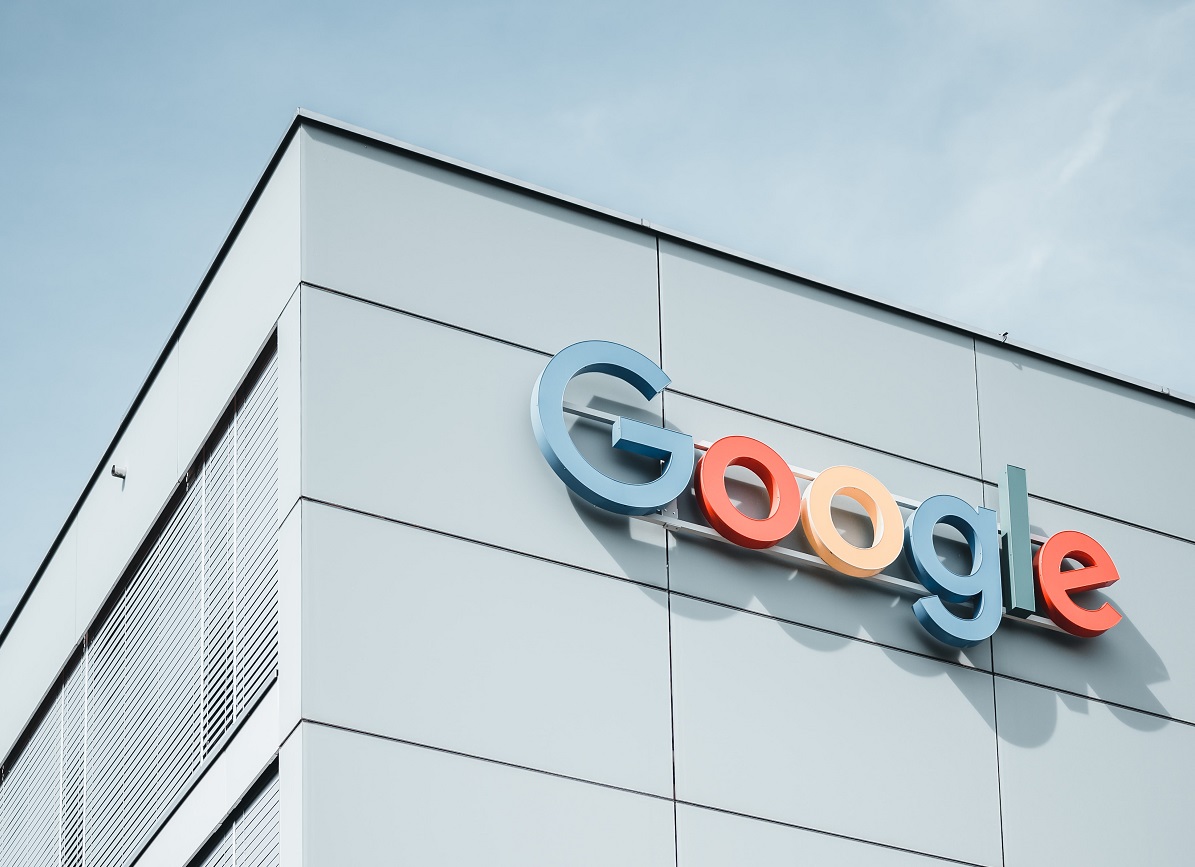SEO for Health and Medical Sites
Health and medical sites belong to the short list of winners from the covid-19 crisis. With the rise of hypochondriac levels, traffic for health sites, online pharmacies and medical equipment stores, increases as well.

Coronavirus symptoms and facemasks are not the only keywords that saw an increased interest. The virus spread also increased the search volumes of vitamin C, immune system boosters, as well as anxiety and insomnia. If we’ll consider wellness as part of the health category, we can also list home recipes and exercises among the winners. On the other hand, less people searched for diets and other diseases, but with an unknown quarantine exit plan, this trend is expected to change.
Yet, not all the health and wellness websites won equally. If usually the place at the top is pretty crowded, in covid-19 related results there is even less space, as Google took over about third of the screen with detailed and official information about symptoms, prevention, treatments and statistics.

In addition, even without novel viruses and false claims, health websites get a special treatment from Google. Since 2018, Google rolled-out several algorithm updates focused specifically on health and medical content, and websites that provide medical information or health advice are require to meet higher standards than other industries.
So, how to optimize health and medical websites? How to signal to both Google and the readers that your content is founded, reliable and deserve high rankings? Here are some guidelines.
Background: what makes SEO for medical websites different?
You cannot discuss health websites SEO without mentioning a few essential terms:
Medic Update is the unofficial name given to Google’s core algorithm update from August 2018. The update mainly affected the health industry (in the broader sense, including nutrition, diet, fitness, aesthetic medicine, etc.) and other websites that belong to what Google calls YMYL (see explanation below). Since then, there were several other medic updates, most recently in January 2020.
YMYL is the acronym of Your Money or Your Life, a term that appears in Google’s guidelines to their quality raters. The term describes content that may influence the lives and the financial state of its potential readers. This category includes health websites, as well as financial and legal advice, ecommerce, online gaming, travel websites and more. Google guides its quality raters to carefully asses these websites and their content quality, and especially to measure their level of expertise, authoritativeness and trustworthiness, or in short – E.A.T.
E-A-T is an acronym for Expertise, Authoritativeness, Trustworthiness, the three qualities required from websites that aim to provide health advice or information.
What’s the practical meaning of E-A-T?
Expertise
- The content was written by of with the help of an expert on the subject.
- The authors’ names and their professional backgrounds are highlighted.
Authoritativeness
- The website has links, mentions, quotations and shares
- There are reviews, recommendations and testimonials about the website’s services or products (preferably positive ones).
Trustworthiness
- The content is verified and includes references for other reliable and trustworthy sources.
- There is a detailed “about” page, with information about the website’s team and objective.
- A disclaimer refers to the health advice.
- There aren’t any exaggerated and sensational headlines (“How I lost 100 pounds while eating pizza”).
- The content is not covered by ads.
- The content is objective and professional and not used to cover a product or a service (for example: an article about weight loss which emphasizes a certain magic pill that happens to be sold on the same website).
Ad Campaigns & Remarketing for Health Content
Google prohibits remarketing campaigns related to health (in the broad sense of the term) and other online advertising platforms have some restrictions and limitations as well. It means that unlike remarketing for ecommerce sites, for example, you won’t be able to “chase” the users who visited your health websites and offer them drugs, experimental treatments or any other information related to the disease or health condition they read about earlier.
This restriction was designed to protect the users’ privacy (if there is any left). That way, if you’ll consult with Dr. Google about a headache, for example, at least you (or worse: your family who happen to use the same computer) won’t be jumped by ads urging you to see a specialist.
This is not the only restriction unique to online marketing of health-related content. And unlike SEO, in online advertising campaign there’s less room for trials and errors, if any. In other words, ads that won’t comply with the platform’s ad policy will be banned, and once ads are banned too often – the advertiser account might be suspended. Therefore, it is advised to check each advertising platform policy, and if necessary, consult a lawyer.
Google’s Ad Policy regarding Health Content
Some health-related content can be advertised on Google Ads, while some topics are forbidden or in certain countries or completely. For example, in Israel, advertisement of medicines is prohibited, but advertising of clinical trail recruitment, abortion and birth control is allowed.
Online pharmacies and others that wish to include prescription drug terms in their ads or landing pages are required to apply for a Google certification.
More about Google’s ad policy regarding healthcare and medicines
When it comes to personalized advertising, including remarketing, lookalike audiences, and targeting based on demographics, location, interest or keywords – health-related content is out of the question, including:
- physical or mental health conditions, including diseases, chronic conditions, and sexual health
- health condition-related services or procedures
- products for treating or managing health conditions, including over-the-counter medications for health conditions and medical devices
- long or short-term health issues associated with intimate body parts or functions, including genital, bowel, or urinary functions
- invasive medical procedures, including cosmetic surgery
- disabilities, even when content is oriented toward the user’s primary caretaker
Theoretically, you can still track users, collect data and create a list of “lookalike audiences”. But, you cannot focus the ad on a specific health issue or solution. The ad’s copy will have to carry a general message, and the ad should lead to the homepage or an unspecified landing page.
Facebook’s Health Ad Policy
Facebook’s ad policy regarding health is less restrictive, but it has some limitations:
- Advertisers cannot request health information (including physical health, mental health, medical treatment or disabilities) without getting Facebook’s permission.
- The ads copy cannot mention directly or indirectly the users’ health or imply a prior knowledge about the user’s health condition. For example, an ad that starts with the opening line: “Do you have osteoporosis?” is doomed to be banned.
- Don’t include “before and after” images or illustrations, images of unrealistic and reliable results (of plastic surgeries, diets, fitness training, hair transplants, etc.), or try to generate negative self-perception in order to promote, diets, weight-loss or other health products.
- Lead ads won’t including questions about the users’ mental health in the past and present (such as: have you ever suffered from depression?) or any disabilities (like: do you use a wheelchair?).

Similar to Facebook, LinkedIn prohibits ads that contain false promises about health improvement or weight loss. LinkedIn also preserves the right to ban ads related to any other health issue. LinkedIn also prohibits ad targeting based on health conditions.
Outbrain & Taboola
Outbrain has a long list of health-related subjects that cannot be advertised, including abortions, birth control, prescription drugs, hormones and supplements; ads with illegitimate or unproven claims about results (regarding health, beauty and cosmetics), before and after images, and ads that guarantee to diagnose, cure or prevent a disease or a health condition. Also, websites that advertise health-related content are required to include a disclaimer at the footer. (Such as: this information doesn’t constitute medical advice).
Taboola’s list of restrictions is similar: you cannot use before & after images and proclaim false promises about health improvement or weight loss, and you must include a prominent disclaimer.
There may be additional restrictions depending on the target country. In Israel, for example, advertising of prescription drugs is prohibited. Non-prescription drugs can be advertised as long as the campaign doesn’t include sweepstakes, delivery of free samples, or as part of non-medical content.
Additionally, Taboola prohibits advertising treatments of diabetes and herpes, and users’ targeting by sensitive health data, such as health condition, medical history, drug use, pregnancy, sexually transmitted disease and mental health issues.
The bottom line, health and medical websites have been under the watchful eye of Google’s algorithm updates and its quality assessments, as well as the advertising networks’ restrictive ad policies. In addition to these unique requirements, health websites should also consider all other SEO ranking factors – from technical aspects such as speed and mobile usability to on-site SEO, content quality, search intent optimization and obviously links.
Need help with your health website SEO or advertising campaigns? Contact us.



